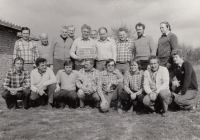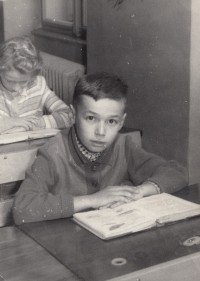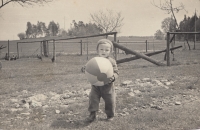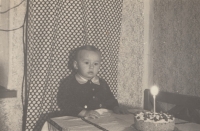The flag fluttered beautifully in the wind
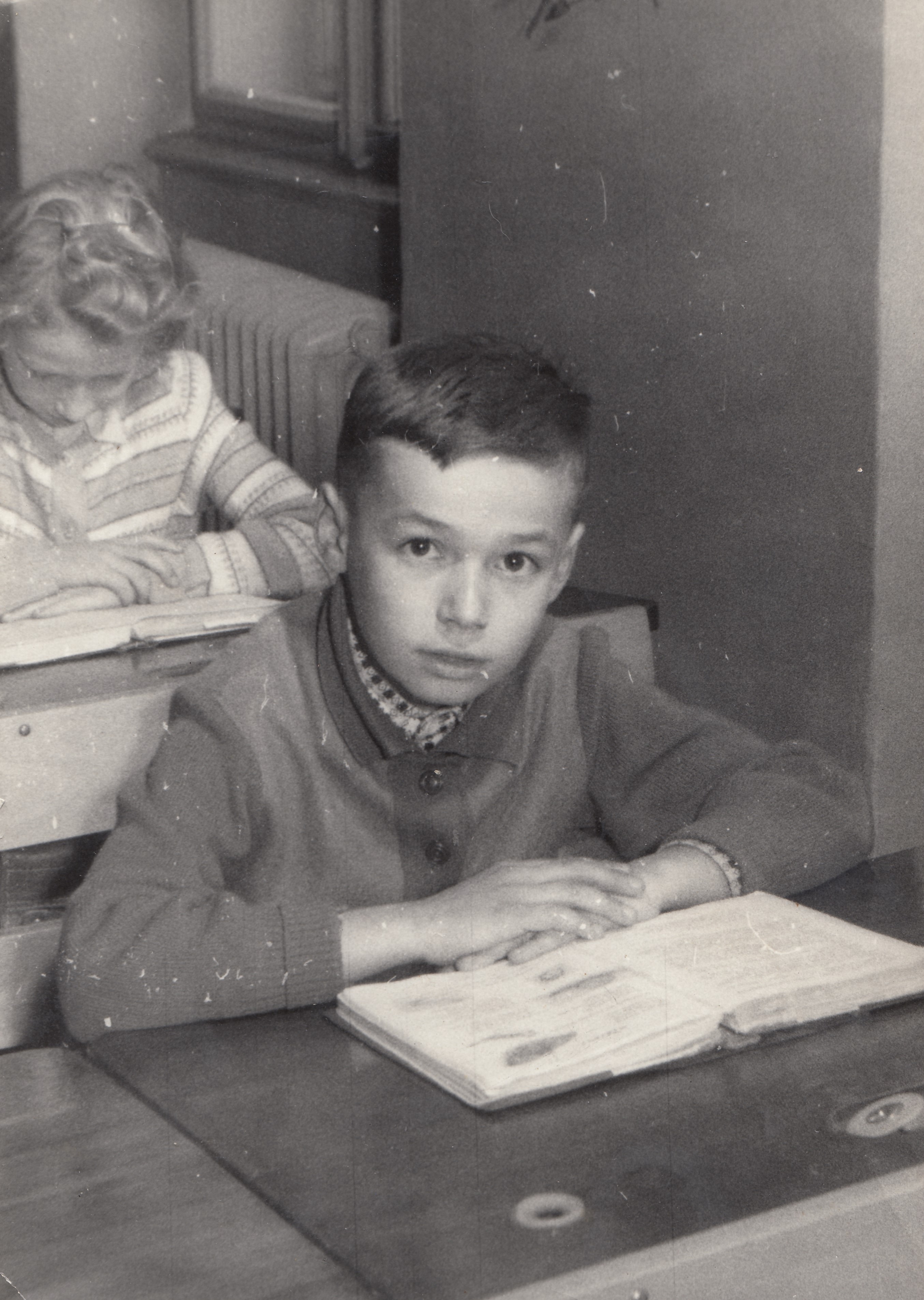
Stáhnout obrázek
Jiří Brabec was born on September 12, 1954 in Polička, but he spent a large part of his childhood with his grandparents in nearby Široký Důl. The mother‘s family farmed here successfully for generations, but in 1958 both grandparents were forced by the authorities to join the agricultural cooperative (JZD). The time spent with his grandparents greatly influenced the witness and he remembers them with love. Unfortunately, their background and life experience negatively affected his cadre profile, and after completing compulsory schooling, he was only allowed to start apprenticeship as an auxiliary worker in heavy industry. However, for health reasons, he was given an exception and was eventually able to study at the Vocational School of Communications in Brno. He applied and expanded on the knowledge gained there throughout his life. During the war, he served at the exchange and later worked on the construction of missile firing positions in Prague also as a signalman. After the war, he worked briefly at Tesla Jihlava on the installation of security systems and subsequently moved to the position of communications maintenance manager at a strictly guarded foreign radio transmitter in Pohodlí u Litomyšle. Just before the revolution, the manager offered Jiří Brabec a job at a local collective farm. The task of the newly launched operation was to perform service activities for the West German company Weber, and thanks to this, the witness visited West Germany before the Velvet Revolution. On November 25, 1989, he took part in the first demonstration in Polička, where, by coincidence, he also became a spokesman and a day later one of the founding members of the local Civic Forum. He oversaw the removal of political leaders from local business leadership and the municipal office. Immediately after the revolution, he started a business and opened a shop with new and used electronics.
